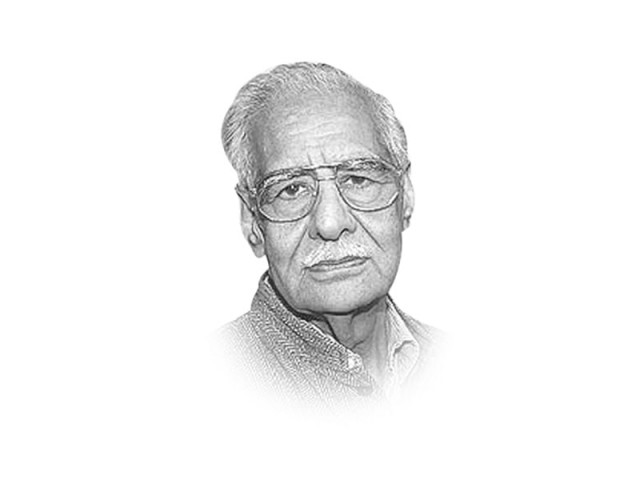What have India’s reforms achieved?
Maybe India’s time has come but the idea has gone awry because it has benefitted the upper strata.

What have India’s reforms achieved?
True, the growth rate has averaged eight per cent annually in the last two decades and the Indian industry has been exposed to competition. But has the resolve to indigenous development been redeemed? The truth is that consumer goods of foreign brands have flooded the market, which the burgeoning middle-class has lapped up. There has been an import of plant and machinery, too, but we lack in productivity and efficiency. Foreign companies have entered the field which finance ministers before Manmohan Singh had reserved for domestic producers who were not yet ready for competition with giants from abroad. The result is that many Indian producers have disappeared.
Resources for development were supposed to be raised from those who have the capacity to pay. This called for an increased rate of taxation. But the ceiling of income tax has been fixed at a mere 30 per cent. Millionaires are happy with the tax, which is less than what the same class pays in developed nations. There are now as many as 59 billionaires compared to just one 20 years ago. And now the retail trade, the backbone of the lower and middle-classes, is being opened to multinationals.
The country’s economy is guided (or misguided) by the World Bank. America is its boss. US Secretary of State Hillary Clinton admitted in Chennai recently: I can tell you that we (the West) are, in fact, betting on India’s future. We are betting that the opening of India’s market to the world will produce a more prosperous India.
I don’t know about India, but America has gained a lot by selling defence equipment worth $800 billion. India’s investment is the highest from among the investors in the UK. What has it got in return is the question that people ask Manmohan Singh.
After signing the nuclear energy treaty, Washington has not implemented it because it fears India’s indemnity act does not waive off the responsibility on the suppliers of nuclear power plants. After the experience of the Bhopal gas disaster, no government at Delhi can let the suppliers run away from compensating the victims for faulty equipment.
The US did not even insulate India from the treaty by the Nuclear Suppliers Group so as not to give access to nuclear enrichment and reprocessing technology to those countries which failed to sign the Nuclear Non-Proliferation Treaty. The 2008 India-US treaty had promised New Delhi a clean waiver for India.
As for the UK, it came through the East India Company and ruled us for 150 years. Now London’s ambition is not territory but free markets. New Delhi has made all the concessions that the British industry wanted. Tariffs have been lowered for all their imports. This benefits other foreign exporters as well.
The West, particularly the UK, is interested in services and has a substantial share of them in India. Our industry is beginning to be counted. Yet it has to have foreign investment, technology and markets. But there is no word on that. British Prime Minister David Cameron and Hillary Clinton must realise that it cannot be a one-way street.
In his speech on July 24, 1991, Manmohan Singh had quoted Victor Hugo’s observation that no power on earth can stop an idea whose time has come. He said India’s time has come. Let the prime minister learn from the progress that the country has made in the last 20 years and introspect where things went wrong. Some 30 per cent Indians, according to a report which has official backing, live on less than $2 a day. Around 52 per cent of the population is said to live in poverty. Maybe India’s time has come but the idea has gone awry because it has benefitted the upper strata. The rest are still wallowing in poverty and helplessness.
Published in The Express Tribune, August 1st, 2011.















COMMENTS
Comments are moderated and generally will be posted if they are on-topic and not abusive.
For more information, please see our Comments FAQ